Table of Contents
Understanding Bad Feng Shui Plants: What to Avoid
In the practice of feng shui, plants hold great significance. They enhance the flow of positive energy or “Chi,” harmonize spaces, and promote well-being. However, not all plants align with good feng shui principles. Knowing which are bad feng shui plants is essential to avoid inadvertently introducing negative energy into your home or office.
Characteristics of Bad Feng Shui Plants
Identifying a plant that could negatively impact feng shui involves recognizing specific characteristics:
- Dead or Dying Plants: Plants symbolizing decay can drain positive energy.
- Sharp or Pointy Plants: Plants like cacti with sharp edges can introduce aggressive or harmful energy.
- Artificial Plants of Poor Quality: Low-quality artificial plants can look lifeless or dull, weakening energy flow.
- Spiky Leaves: Plants with pointed or sharp leaves can create tension or conflicts.
- Drooping or Sad-Looking Plants: Plants that appear unhappy or limp can represent stagnation or melancholy.
The Impact on Your Living Space
Having bad feng shui plants in your home or workplace can lead to subtle disruptions in harmony. For example, sharp plants in living areas might lead to increased arguments or tension, while wilting or dying plants can decrease productivity and emotional well-being.
In contrast, high-quality artificial plants that mimic the beauty and vibrancy of healthy natural plants can counteract negative feng shui effectively. Selecting vibrant, life-like, and visually pleasing artificial plants from trusted sources helps maintain positive energy flow without the hassle of plant maintenance.
Choosing the Right Artificial Plants
To rectify issues arising from bad feng shui plants, opt for realistic artificial plants specifically curated for feng shui principles. In the sections ahead, you’ll find carefully selected products to replace problematic plants, ensuring your space remains vibrant and energetically balanced.
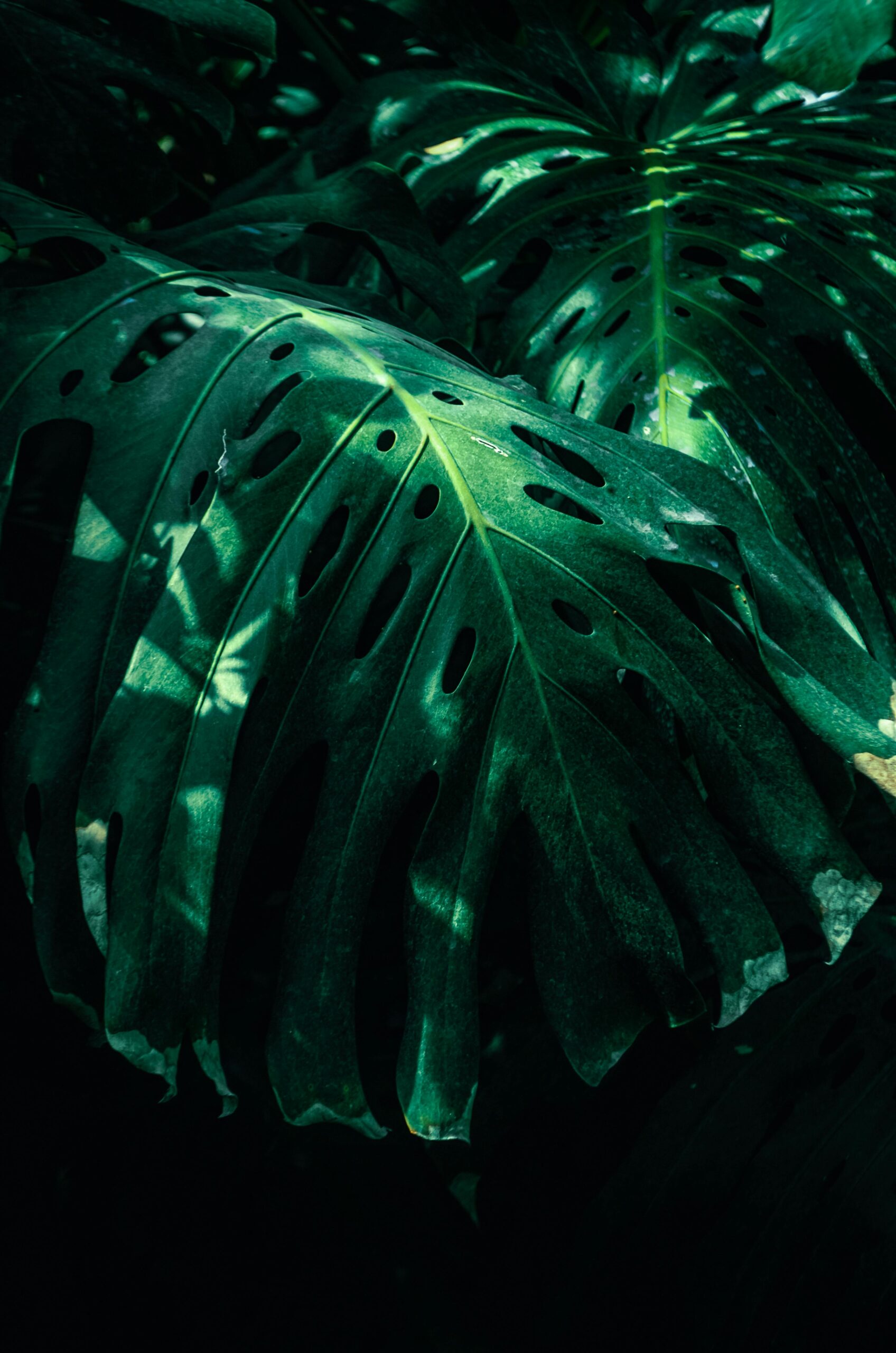
Ready to replace bad feng shui plants with the right choices? Read on to discover ideal artificial plant recommendations that enhance harmony and positivity in your environment.
Positive Feng Shui plant Alternatives: Artificial Flowers That Uplift Energy
After identifying plants that attract stagnant or imbalanced chi, it’s time to shift toward intentional alternatives. High-quality artificial flowers not only solve the issue of decaying leaves and cluttered soil, but they can also bring vibrant energy to spaces where live plants may not thrive. Below are two stunning, pet-safe and feng shui-friendly options.
1. 24pcs Multicolor Artificial Tulip Bouquet
This bouquet delivers a visual burst of uplifting color across orange, yellow, pink, and purple hues—colors linked to joy, optimism, and social vitality in feng shui. The tulip’s rounded form and realistic silk texture offer a soft, heart-centered presence, great for entrances or the family room.
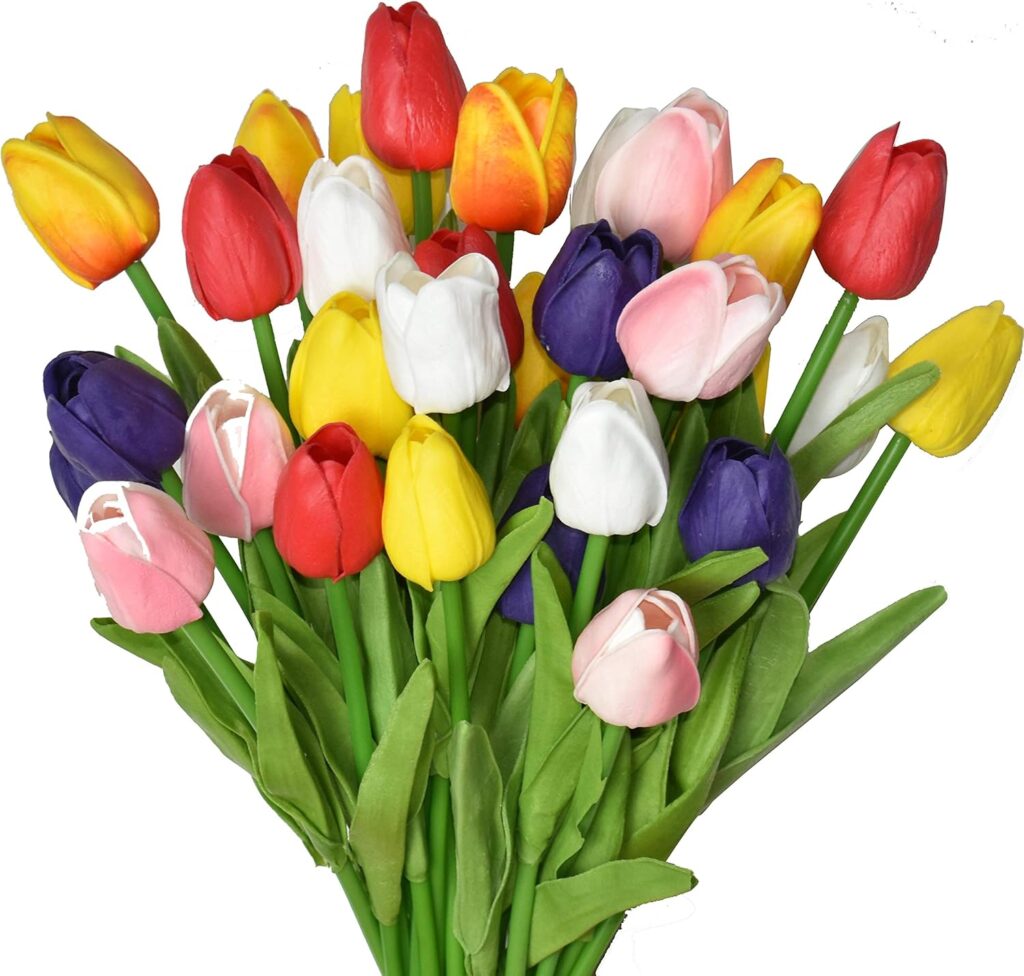
2. Artificial Flower Calla Lily Bonsai in Black Pot
The Calla Lily is considered a symbol of purity and rebirth—perfect for removing negative chi from a room. This particular faux bonsai version is compact, clean-looking, and sits in a sleek black pot that complements minimalist decor. Great for shelves, corners, or office desks. Great choice as a feng shui plant.
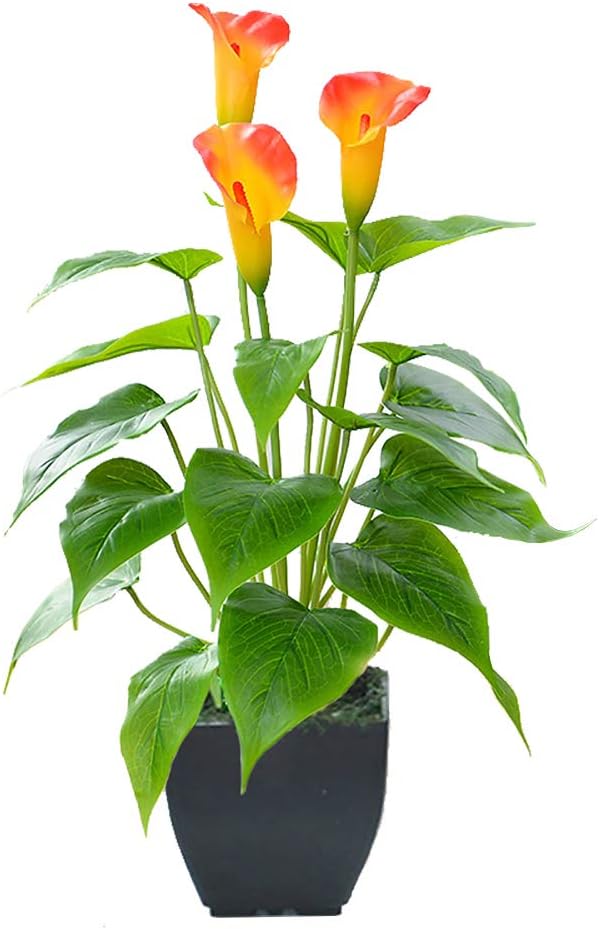
These two floral options bring light, balance, and vibrancy—traits that directly counteract the energy stagnation often caused by “bad feng shui plants.” As always, their maintenance-free nature ensures the energy stays positive without any rot or neglect.
Feng Shui Placement Tips to Avoid Negative Energy
Even the most beautiful artificial plant can become a source of disharmony if it’s placed in the wrong location. In Feng Shui, the energy—or chi—of your space is highly influenced by positioning. Thoughtful placement is key to transforming your artificial plants into powerful enhancers of well-being and productivity.
Avoid Blocking Natural Pathways
Placing plants directly in entryways or hallways where movement flows can create stagnant energy. Instead, allow clear passage and consider placing artificial greenery to the side of doors or in corners to gently redirect chi without obstruction.
Don’t Place Plants in the Bedroom
While plants are refreshing, Feng Shui advises against placing any kind of plant—including artificial—in your bedroom. Even faux plants are considered energetically active and may disturb rest or romantic harmony. Reserve floral energy for living spaces, offices, or hallways.
Keep Artificial Plants Away from Clutter
A dusty plant—even if fake—multiplies the effect of stagnant chi. Clutter, combined with outdated or poorly maintained plants, can result in negative symbolism. Always place faux greenery in neat, clean zones to uphold fresh and uplifting energy.
Use Plants to Activate Wealth Corners
In Feng Shui, the southeast corner of your space governs wealth and abundance. Placing a vibrant, clean artificial tree or floral arrangement here can help stimulate prosperity—especially when paired with wood or green tones.
Mind the Elemental Balance
Artificial plants bring the symbolic element of wood. To harmonize a space, balance this with earth (ceramic pots), water (a water feature), metal (decorative frames), and fire (candles or lighting). This five-element theory is central to Feng Shui alignment.
Want to learn more about energy flow and pet-safe plant pairings? Visit our sister site dogfluffy.com for tips on maintaining harmony in homes with furry companions.
Bonus Tip: Avoid Sharp or Spiky Leaves
In Feng Shui, sharp angles and spiky textures symbolize “sha chi” or cutting energy. Opt for artificial plants with soft, rounded leaves instead. These convey a nurturing, peaceful ambiance—especially in shared spaces like living rooms or open-plan offices.
Now that you’re equipped with practical Feng Shui placement tips, you can confidently style your space to invite harmony, abundance, and calm—without sacrificing design.
The Best Feng Shui Fixes: Safe, Positive Energy Plants
Now that we’ve explored which types of artificial plants can disrupt Feng Shui energy, let’s switch gears and talk about powerful solutions. Below are some hand-picked artificial plants from our collection that not only avoid Feng Shui pitfalls, but also enhance balance, serenity, and beauty in your space.
Olive Trees Artificial Indoor, Tall Faux Olive Tree with White Tall Planter
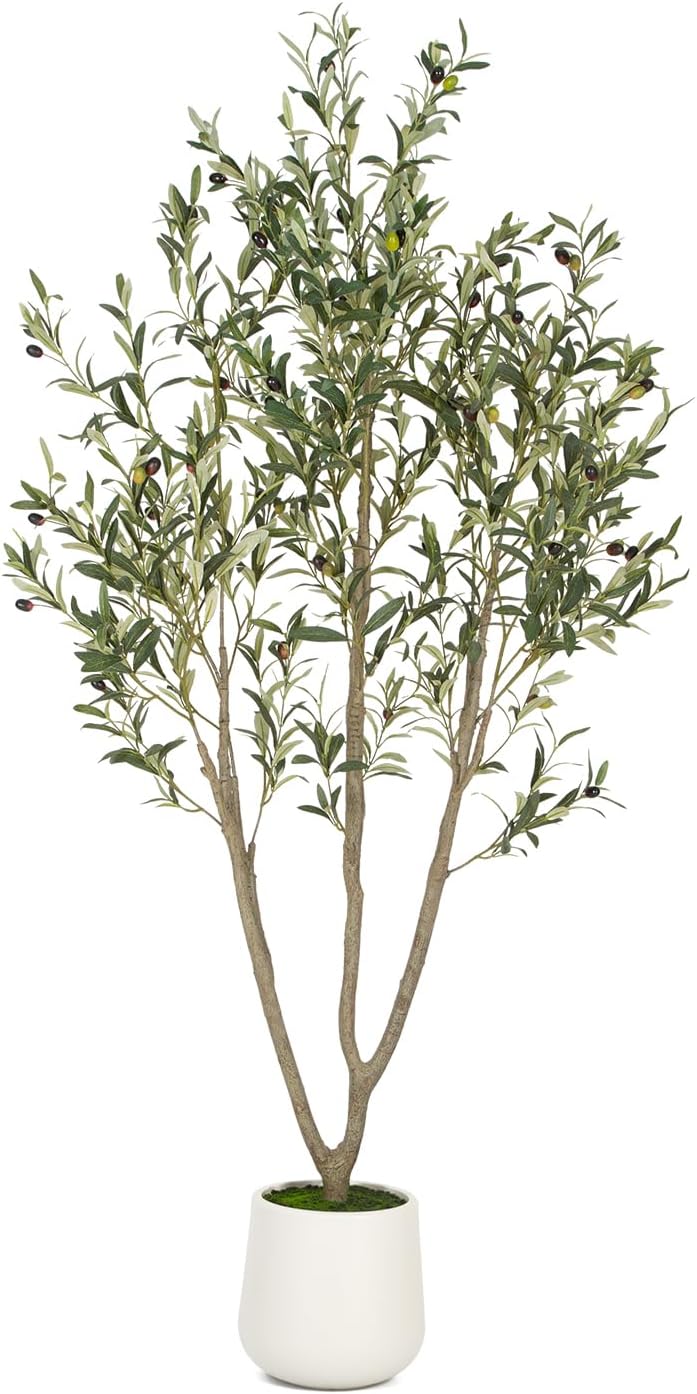
Artificial Palm Plants – Tropical Greenery Bush with Realistic Vibes
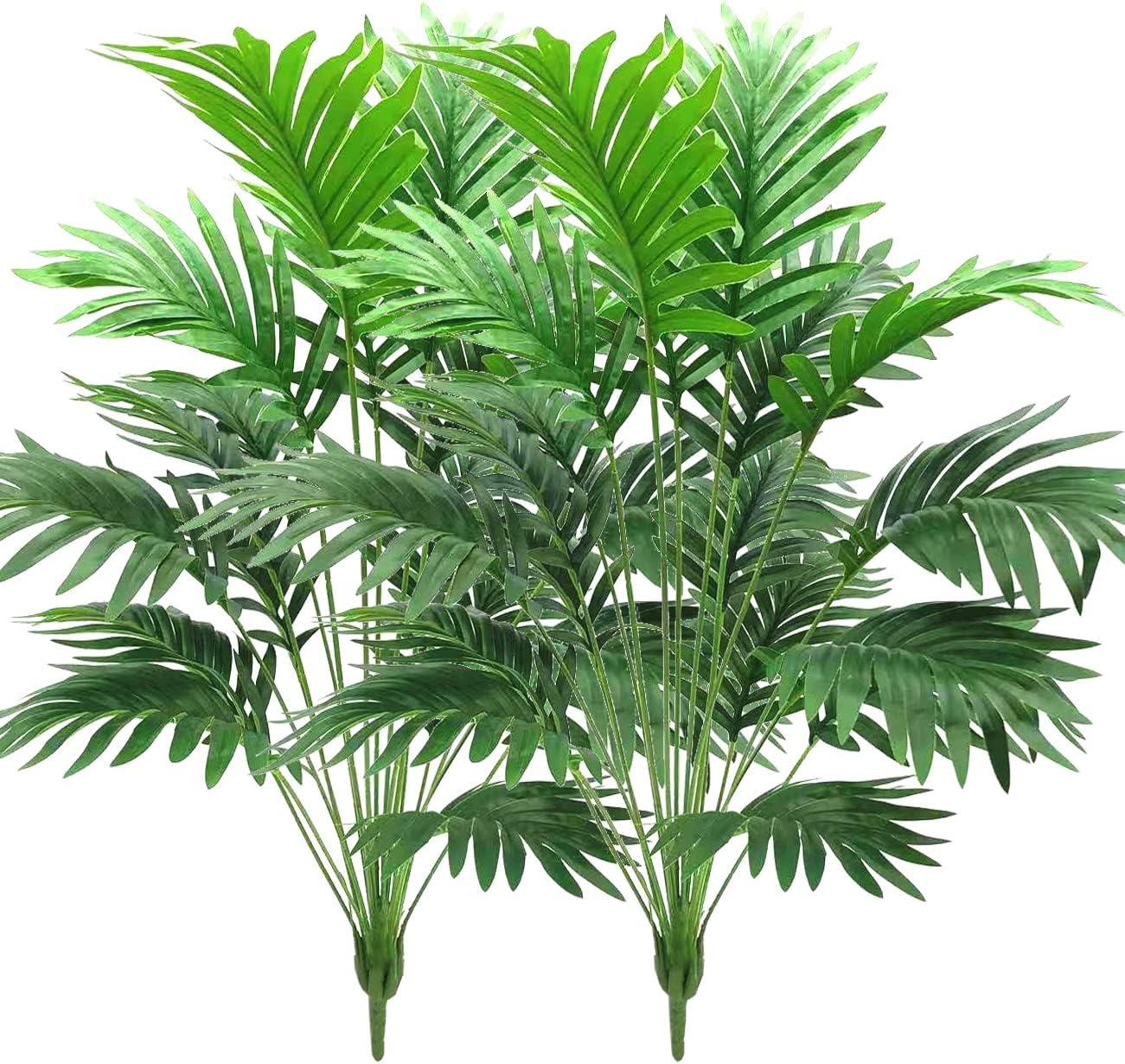
Mini Lavender Duo – Soft Purple Tones for Peaceful Corners
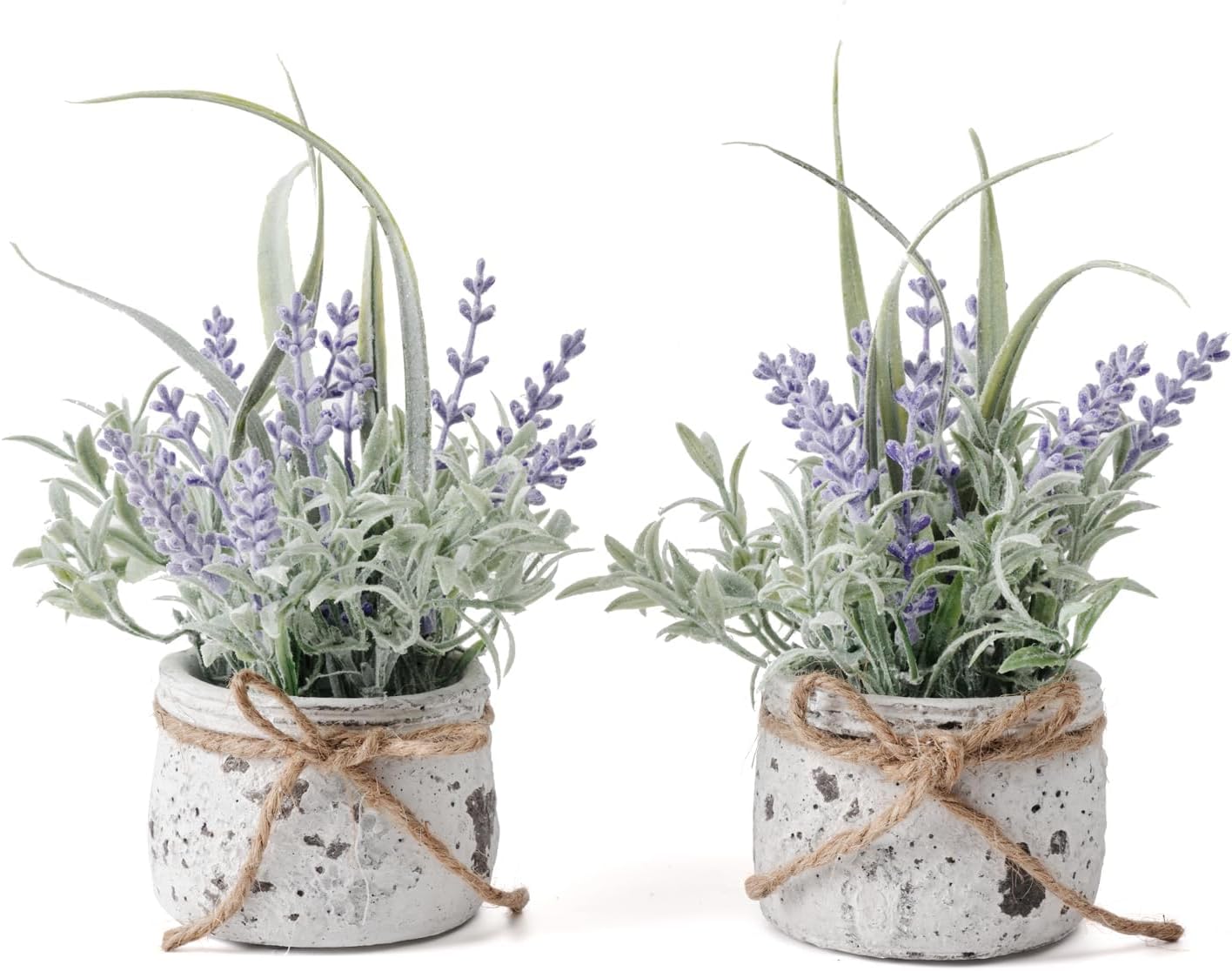
Artificial Eucalyptus Stems – Minimalist Calm in Every Leaf
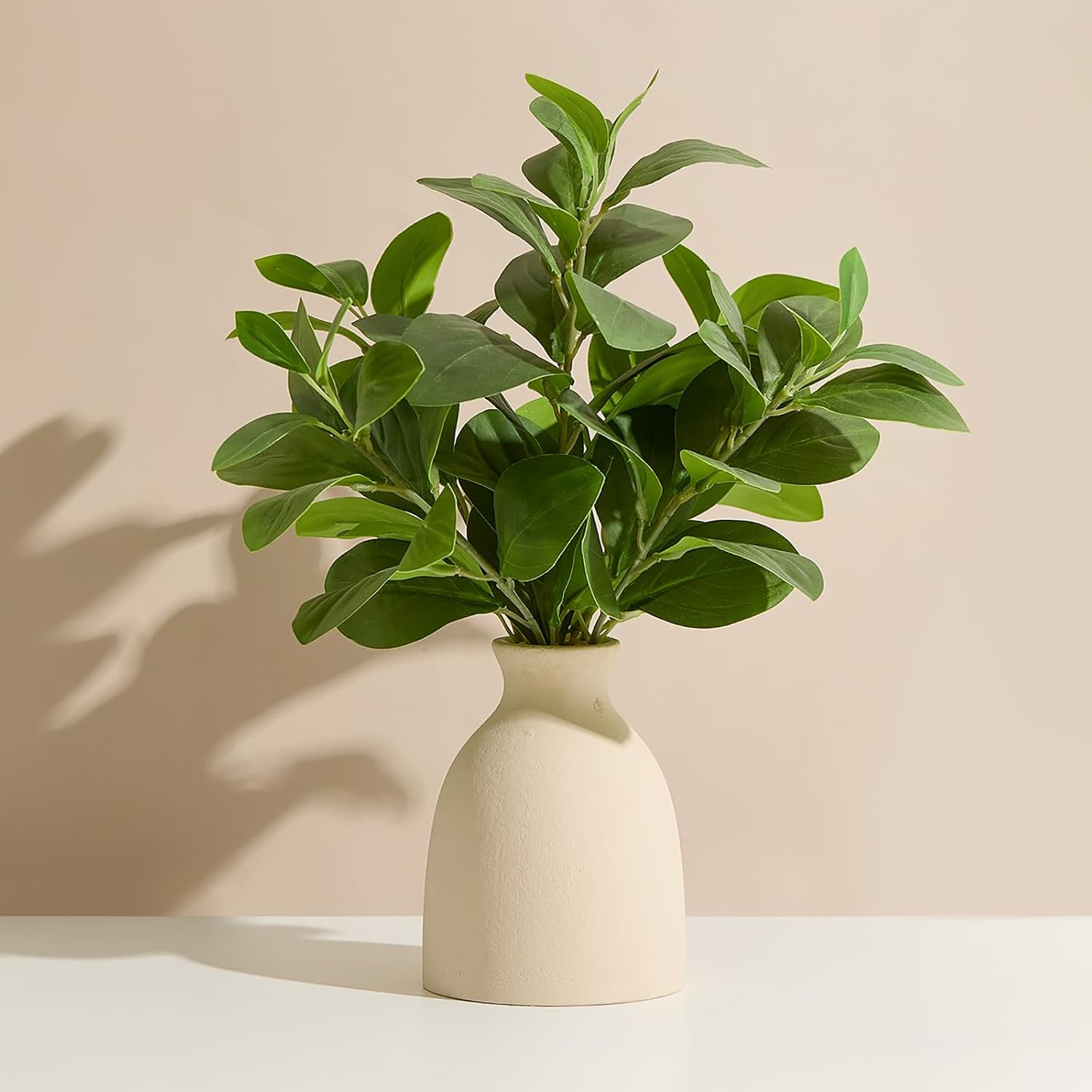
Frequently Asked Questions
What plants are considered bad for Feng Shui?
Sharp-leaved plants like cacti, artificial plants with thorns, or dead-looking foliage are all seen as bad Feng Shui. They may create disruptive or stagnant energy in the space.
Can artificial plants bring bad Feng Shui?
Yes—especially if they are dusty, faded, spiky, or placed incorrectly. Artificial plants should look realistic, be well-maintained, and be placed mindfully to support positive energy flow.
Where should I avoid placing artificial plants in my home?
Artificial plants should not be placed in bedrooms, cluttered corners, or blocking entryways. These placements can disrupt chi and create energetic imbalance.
Are there any artificial plants that improve Feng Shui?
Yes. High-quality faux plants with rounded leaves and natural green tones—like faux money trees or artificial bamboo—are great for enhancing Feng Shui, especially in wealth or family areas.
Is it bad luck to keep fake flowers at home?
Not necessarily. In Feng Shui, fake flowers are fine as long as they are beautiful, dust-free, and not symbolic of decay (e.g., wilted or black plants). Choose vibrant arrangements that reflect life.
How often should I clean Feng Shui plants?
Wipe them gently every 1–2 weeks to avoid energy stagnation. Dirty or dusty plants—real or fake—are believed to block abundance and clarity.
Conclusion: Create Harmonious Energy with the Right Plants
Choosing the right artificial plants for your home isn’t just about aesthetics — it’s about aligning your space with positive, nourishing energy. As we’ve explored, bad feng shui plants can subtly disrupt your home’s energy, while mindful plant choices restore flow, harmony, and calm.
Whether you’re a beginner or a seasoned feng shui plant enthusiast, swapping out problematic items like sharp-leafed or dry, dying artificial plants can shift your home’s vibe almost instantly. Instead, go for soft, rounded, and vibrant faux greenery that uplifts and supports your goals.
And remember — you don’t need to be a feng shui plant master to start small. One well-placed faux bamboo or blooming orchid in a wealth corner can do wonders for your home’s chi.
- ✔️ Avoid artificial plants that are dusty, damaged, or designed with sharp or dry-looking leaves.
- ✔️ Replace with lush, vibrant artificial plants that reflect life and movement.
- ✔️ Use placements aligned with feng shui zones like wealth, health, or relationship corners.
- ✔️ Stick to curated selections from reputable sources — not all faux plants are feng shui friendly.
- ✔️ Explore the full range of realistic artificial greenery options we recommend to enhance your energy flow.
Ready to make the switch? Browse our handpicked selection from the guide above and take the first step in transforming your space into a feng shui plant haven — without the upkeep.





Leave a Reply
You must be logged in to post a comment.